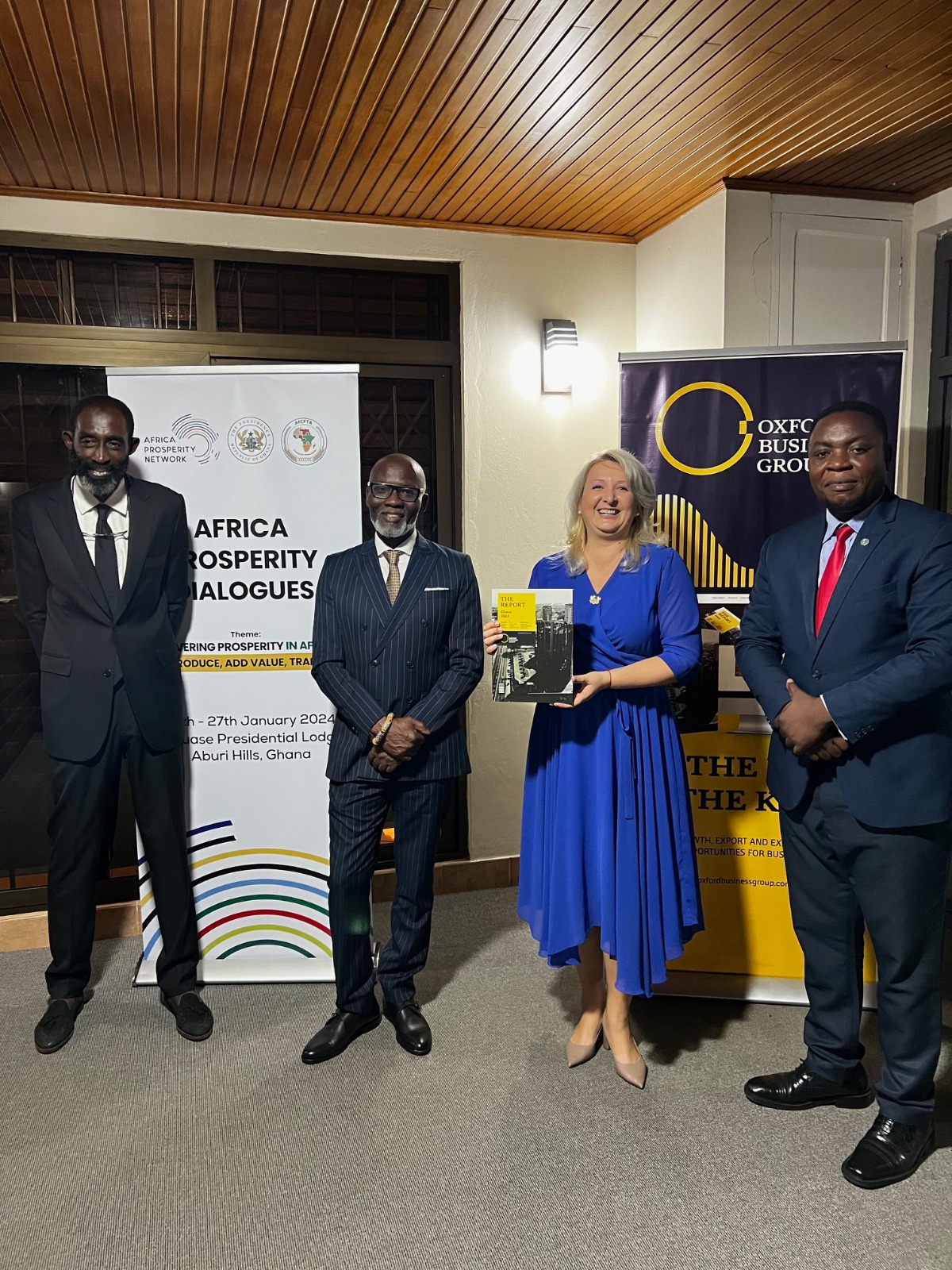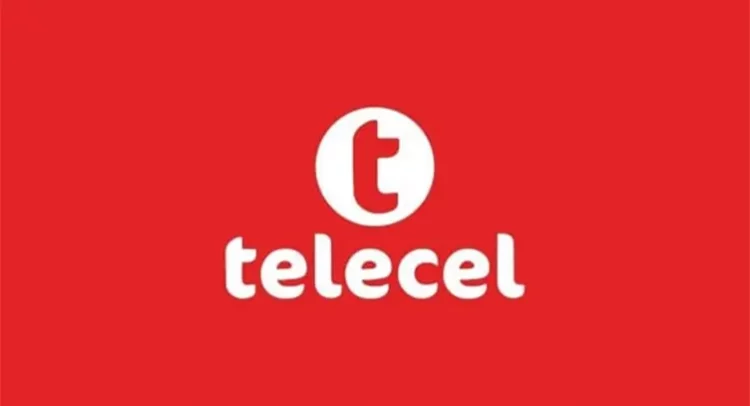
The future of leadership will not be determined by the sophistication of our technologies or the size of our profits, but by the depth of our humanity. The crisis of management today is not merely technical—it is moral and spiritual.
As long as organizations continue to prize efficiency over empathy and authority over authenticity, they will remain brittle in the face of change. The call of this century is for a new kind of leadership: one that is moral, inspiring, and generous with both knowledge and power.
The journey from patriarchy to partnership, from domination to dignity, is not an abstract ideal—it is the practical foundation for sustainable success. When management empowers rather than intimidates, shares rather than hoards, and inspires rather than commands, it ceases to be management in the old sense and becomes leadership in the truest one.
The task before today’s leaders is not to accumulate more power, but to humanize it—to ensure that the moral imagination of business matches its technical and financial ingenuity.
How to Achieve Corporate Leadership Through Morality, Knowledge, and Inspiration—The Foundation
In every human endeavor, the foundation determines the strength and sustainability of the structure built upon it—and the same is true for leadership and organizational culture. Achieving a moral, inspired, and knowledge-sharing management culture requires deliberate effort rooted in empowerment, inclusiveness, and shared values.
Empowerment as the Cornerstone
Empowerment is the foundation of any thriving organization. It entails entrusting employees with both responsibility and authority, and equipping them with the confidence and tools to make meaningful decisions. Unfortunately, traditional education systems—especially in developing regions—tend to emphasize rote learning, inherited from colonialism, over critical thinking and self-belief. As the African Development Bank (AfDB, 2022) acknowledges, Africa’s education systems promote knowledge accumulation at the detriment of empowerment—instilling confidence, creativity, and leadership.
Given this backdrop, management must take a proactive role in rebuilding that confidence. By delegating real authority and resources to employees, leaders send a powerful signal of trust. Over time, this trust transforms into self-efficacy—the belief in one’s ability to succeed. The renowned American psychologist Albert Bandura identified self-efficacy as “the foundation of human motivation and performance.” When employees perceive that management believes in them, they begin to act like owners rather than subordinates.
Empowerment also aligns with Africa’s indigenous leadership philosophy. The late Tanzanian President Julius Nyerere, in advocating Ujamaa (familyhood), emphasized that people must not only be helped but also empowered to help themselves. “People cannot be developed; they can only develop themselves,” he said. In a corporate context, this means that management should not merely dictate performance expectations but should create the conditions that enable people to grow into their potential.
The Power of Knowledge Sharing
Empowerment cannot exist in isolation. It must be accompanied by the open sharing of information and knowledge. The World Bank’s Knowledge for Development Framework (2020) underscores that “an informed organization is an empowered organization.” When management withholds information, it unintentionally breeds dependency and mistrust. Conversely, transparent communication strengthens engagement and innovation.
A McKinsey Global Institute (2021) study revealed that companies that actively share knowledge “experience 35% higher employee engagement and 28% greater innovation.” However, knowledge sharing is most effective when it is reciprocal—when employees are also encouraged to contribute their insights. By genuinely seeking and valuing employee input, management transforms communication from a monologue into a dialogue. As Nelson Mandela once said, “A good leader listens more than he talks.” This humility fosters a climate of mutual respect and collaboration.
Creating a Democracy of Ideas
The next step is to institutionalize what can be called a “democracy of ideas.” This is a system in which every member of the organization, regardless of rank, has the right to voice ideas, question assumptions, and propose innovations. In modern management thought, this principle is supported by the concept of psychological safety. Harvard Business School professor Amy Edmondson defines psychological safety as “a shared belief that the team is safe for interpersonal risk-taking.” In such environments, employees feel free to express themselves without fear of ridicule or retaliation, leading to higher creativity and problem-solving capacity.
In Africa, this principle resonates deeply with the traditional practice of palaver or communal dialogue—where collective wisdom is sought through inclusive discussion. As Prof. Kwasi Wiredu, the Ghanaian philosopher, explained, African consensus decision-making “rests on the moral necessity of hearing every voice before arriving at a shared position.” When applied in corporate life, this form of participatory management transforms organizations into learning communities rather than command hierarchies.
- Building a Family Environment
Finally, to sustain empowerment and inclusiveness, organizations must cultivate a family-like environment—one characterized by care, loyalty, and mutual responsibility. The International Labour Organization (ILO, 2019) highlights that “workplaces that foster a sense of belonging and community report higher job satisfaction and retention.” In Africa, where communal values are deeply rooted, creating such an environment is both natural and powerful.
When employees feel that the organization cares for them as family, they reciprocate with dedication and emotional investment. This internal culture radiates outward, enhancing the company’s public image and brand. The Deloitte Global Human Capital Trends Report (2023) found that 79% of organizations that prioritize belonging experience “stronger brand loyalty from both employees and customers.” In essence, a family-oriented workplace becomes not just a site of production but a source of identity and pride.
As Dr. Ngozi Okonjo-Iweala, Director-General of the World Trade Organization, aptly puts it: “When people feel valued and trusted, they rise beyond their training and deliver beyond expectation.” This truth encapsulates the essence of moral, inspired management—an approach that sees employees not as tools, but as partners in purpose.
How to Achieve Corporate Leadership Through Morality, Knowledge, and Inspiration—The Pillars
Transforming Employees into Partners
To achieve true empowerment and sustainability in modern organizations, employees must be transformed from mere workers into partners in progress. Partnership creates a sense of ownership and shared destiny that transcends contractual obligation. When employees share in the fruits of their labor—through profit-sharing schemes, stock options, or equity participation—they no longer work only for management; they work for themselves, their families, and their collective future.
The idea of employee ownership is not new, but it is increasingly recognized as a catalyst for motivation, innovation, and productivity. The International Labour Organization (ILO, 2019) affirms that “when workers have a stake in the enterprise, they exhibit higher commitment, lower turnover, and greater trust in management.” Similarly, a Harvard Business Review (HBR, 2021) analysis found that employee-owned firms outperform traditional companies in both resilience and profitability because “shared ownership fuels shared responsibility.”
As South African management scholar Prof. Reuel Khoza argues, “Ubuntu in business means that success must be inclusive; a win for one must be a win for all.” This is why several African enterprises are beginning to experiment with Employee Stock Ownership Plans (ESOPs) and cooperative business models. For example, Safaricom PLC in Kenya has implemented employee share ownership programs to motivate staff and foster loyalty. The company’s 2023 sustainability report notes that “shared value creation enhances both employee satisfaction and long-term corporate growth.”
The right question, therefore, is not how do we get employees to work harder, but how do we make them owners of their work? Once people have a tangible stake in outcomes, their motivation becomes intrinsic rather than imposed.
Making the Workplace as Flexible as Life Is
The second pillar of achieving an inspiring and enduring organization is workplace flexibility. Modern life is fluid, and work must adapt accordingly. As World Economic Forum (WEF, 2023) highlights, “flexibility is now a key determinant of employee well-being, innovation, and retention.” Flexibility goes beyond working hours—it encompasses the ability to harmonize work with life, creativity with comfort, and professionalism with personal authenticity.
Progressive organizations worldwide are embracing flexible work arrangements, remote options, and technology-driven collaboration models. The International Labour Organization (ILO, 2021) observes that digital transformation, accelerated by the COVID-19 pandemic, has “reshaped traditional notions of the workplace,” urging employers to integrate technology not as a control tool, but as an enabler of autonomy. In Africa, firms such as MTN Group and Flutterwave have implemented hybrid work models and “Bring Your Own Device” (BYOD) policies, which allow employees to use personal devices securely for work. This approach makes the workplace feel less rigid and more natural—an extension of one’s life rather than an interruption of it.
According to McKinsey & Company’s Future of Work Report (2022), companies that support flexible work schedules report 28% higher productivity and 45% better employee satisfaction. The study concludes that flexibility “activates creativity by allowing workers to perform at their natural rhythm.” As Dr. Ngozi Okonjo-Iweala aptly stated, “Productivity is not about longer hours but about empowered minds and conducive environments.”
Building a Culture of Shared Growth and Inspiration
When information and knowledge flow freely, when employees are treated as partners rather than subordinates, and when the workplace becomes a space of belonging rather than constraint, inspiration naturally flourishes. The African Union’s Agenda 2063 envisions this very culture—calling for “enterprises that are inclusive, innovative, and people-centered.” Such organizations become self-sustaining ecosystems of motivation and creativity.
Ultimately, when work becomes meaningful and enjoyable—when it feels like a shared journey rather than a chore—employees give not just their labor but their hearts and minds. As Kofi Annan once said, “Knowledge is power. Information is liberating. Education is the premise of progress.” Sharing that power through partnership, flexibility, and moral management leads to organizations that are not only productive but also resilient—capable of weathering the turbulent seas of modern business.
In conclusion, the time has come for corporate leadership—especially across Africa—to evolve beyond outdated paradigms of control, hierarchy, and fear. The challenges of the 21st century cannot be met with 18th/19th-century management mindsets. As this two-part article has shown, the most enduring and impactful organizations are not those ruled by dominance, but those led by conscience. They are not driven merely by profit, but by purpose.
To lead effectively today, managers must become mentors, not masters; enablers, not enforcers. Leadership must be moral—not in a vague or abstract sense, but in the daily decisions that reflect integrity, fairness, and humanity. It must be knowledge-driven—not by hoarding expertise, but by creating cultures of generous, continuous learning. And it must be inspirational—by awakening potential in others, not overshadowing it.
This is not an idealistic dream—it is a practical necessity. Organizations that empower, share, and inspire outperform those that intimidate, isolate, and control. True leadership is not about standing above others, but walking with them. The future belongs to those who understand that success is not about having power over people, but power with them.
From patriarchal dominance to ethical partnership, from managerial fear to collective inspiration, the path forward is clear. The only question is whether we have the courage—and the conscience—to walk it.
Please let’s interact: 1 (914) 259-0242

The author is a dynamic entrepreneur and the Founder and Group CEO of Groupe Soleil Vision, made up of Soleil Consults (US), LLC, NubianBiz.com and Soleil Publications. He has an extensive background In Strategy, Management, Entrepreneurship, Premium Audit Advisory, And Web Consulting. With professional experiences spanning both Ghana and the United States, Jules has developed a reputation as a thought leader in fields such as corporate governance, leadership, e-commerce, and customer service. His publications explore a variety of topics, including economics, information technology, marketing and branding, making him a prominent voice in discussions on development and business innovation across Africa. Through NubianBiz.com, he actively champions intra-African trade and technology-driven growth to empower SMEs across the continent?.
The post The Business Strategy Analyst with Jules Nartey-Tokoli: From patriarchy to partnership: Rethinking corporate leadership through morality, knowledge, and inspiration (II) appeared first on The Business & Financial Times.
Read Full Story

















Facebook
Twitter
Pinterest
Instagram
Google+
YouTube
LinkedIn
RSS